Help me plan for building a new custom home FAST
whatupdun
11 years ago
Related Stories
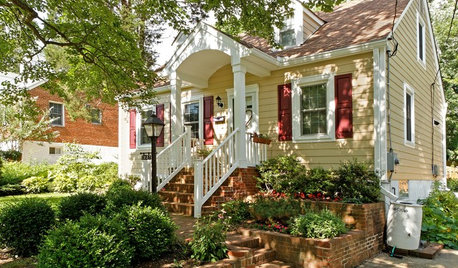
SELLING YOUR HOUSESell Your Home Fast: 21 Staging Tips
Successful staging is key to selling your home quickly and at the best price. From cleaning to styling, these tips can help
Full Story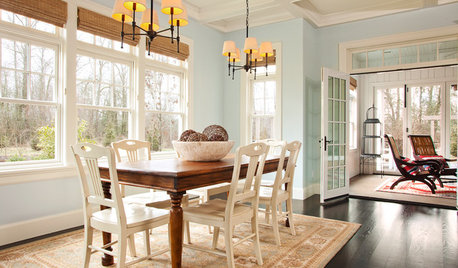
COLORPick-a-Paint Help: How to Create a Whole-House Color Palette
Don't be daunted. With these strategies, building a cohesive palette for your entire home is less difficult than it seems
Full Story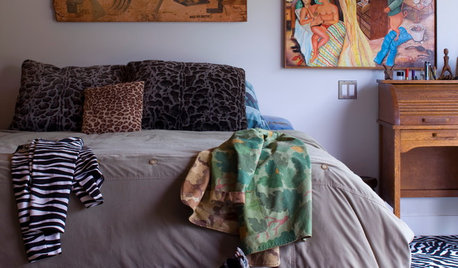
DECORATING GUIDESFix Those 'Whoopsies': 9 Fast Solutions for Decorating Mistakes
Don't suffer in silence over a paint, furniture or rug snafu — these affordable workarounds can help
Full Story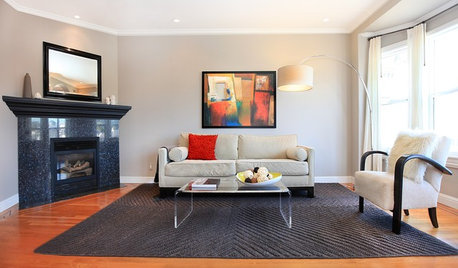
DECORATING GUIDESStage Your Home and Sell it Fast
11 ways to prep your house for more offers and a quicker sale
Full Story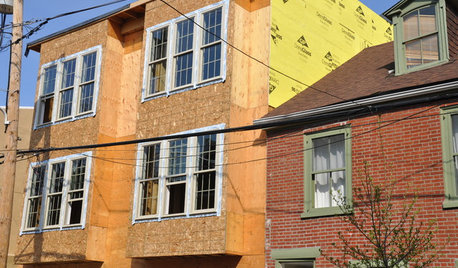
WORKING WITH PROS5 Steps to Help You Hire the Right Contractor
Don't take chances on this all-important team member. Find the best general contractor for your remodel or new build by heeding this advice
Full Story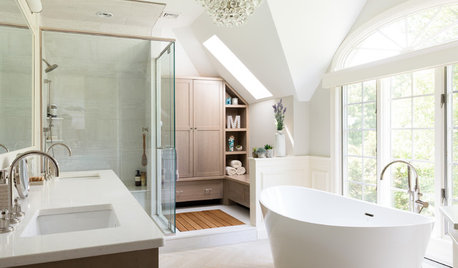
BATHROOM WORKBOOKStandard Fixture Dimensions and Measurements for a Primary Bath
Create a luxe bathroom that functions well with these key measurements and layout tips
Full Story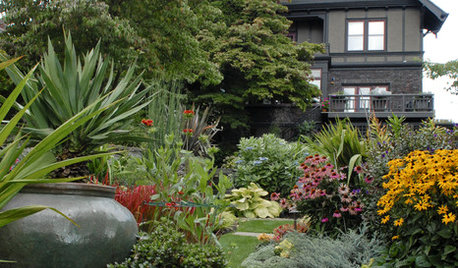
LANDSCAPE DESIGNHow to Help Your Home Fit Into the Landscape
Use color, texture and shape to create a smooth transition from home to garden
Full Story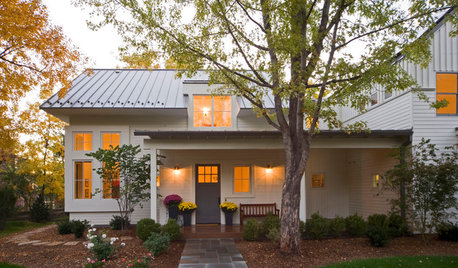
SELLING YOUR HOUSEHelp for Selling Your Home Faster — and Maybe for More
Prep your home properly before you put it on the market. Learn what tasks are worth the money and the best pros for the jobs
Full Story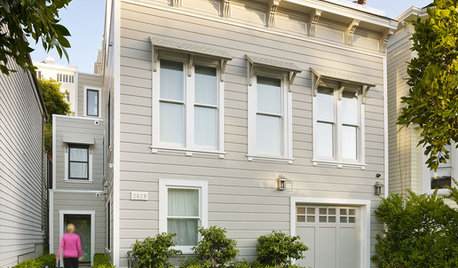
LIFE12 House-Hunting Tips to Help You Make the Right Choice
Stay organized and focused on your quest for a new home, to make the search easier and avoid surprises later
Full Story





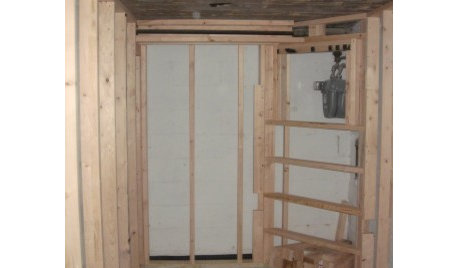
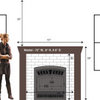

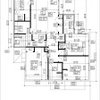
athensmomof3
mgmsrk
Related Professionals
Hockessin Architects & Building Designers · Middle River Architects & Building Designers · River Edge Architects & Building Designers · Saint Paul Architects & Building Designers · Three Lakes General Contractors · Davidson General Contractors · De Luz General Contractors · Duncanville General Contractors · Haysville General Contractors · Lincoln General Contractors · Marietta General Contractors · Owosso General Contractors · Seabrook General Contractors · Watertown General Contractors · Wheaton General ContractorsLuAnn_in_PA
babs711
Epiarch Designs
kelhuck
pbx2_gw
auroraborelis
worthy
phoggie
User
GreenDesigns
lolauren
theballs
auroraborelis
krycek1984
whatupdunOriginal Author
whatupdunOriginal Author
whatupdunOriginal Author
whatupdunOriginal Author
whatupdunOriginal Author
whatupdunOriginal Author
whatupdunOriginal Author
whatupdunOriginal Author
whatupdunOriginal Author
whatupdunOriginal Author
whatupdunOriginal Author
whatupdunOriginal Author
whatupdunOriginal Author
LuAnn_in_PA
auroraborelis
beaglesdoitbetter1
athensmomof3
whatupdunOriginal Author
drewem
whatupdunOriginal Author
auroraborelis
auroraborelis
whatupdunOriginal Author
aa62579
lavender_lass